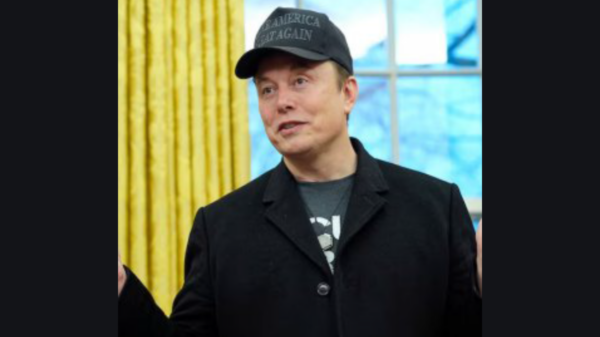by Niara Savage
Jokes about the downfall of Twitter are running rampant on the platform. After Elon Musk finalized his purchase of the social media site for $44 billion in late October, heaps of average users and celebrities alike announced they’d be leaving it behind.
When Musk took control, he made the platform’s iconic blue checkmark—previously reserved to identify notable accounts as authentic—available to anyone willing to pay a monthly fee as a part of Twitter Blue. Chaos quickly ensued as Twitter Blue subscribers with their newly minted checkmarks masqueraded around the platform posing as companies and famous individuals.
Perhaps the most costly casualty of the new policy was insulin-maker Eli Lilly. A fake account posing as the company with a blue checkmark wrote, “We are excited to announce insulin is free now.” The real company rushed to contact Twitter to have the post removed, but it remained visible for hours, The Washington Post reported. The fake tweets erased an estimated $15 billion out of the company’s market cap.
Twitter suspended the subscription service after the debacle, but the damage to Twitter’s credibility is already done. Media Matters for America reported in November that half of Twitter’s top 100 advertisers are no longer advertising on the site.
As head of the company, Musk has fired more than 3,000 workers. Some employees didn’t find out they were getting the boot until they were locked out of their company laptops. Former employees are suing Twitter, alleging the layoffs violated labor rights laws.
Also, incidences of hate speech on Twitter increased dramatically after Musk took control of the platform. The Center for Countering Digital Hate reported that the use of the N-word under Musk is three times this year’s running average.
Musk also welcomed Kanye West back to Twitter in November after his account was temporarily suspended in October over an anti-Semitic tweet. But Musk kicked the rapper, who now goes by Ye, off of the platform again earlier this month for inciting violence after he posted an image of a swastika.
While a sizable portion of Twitter content is composed of silly memes and pictures of cats, Twitter also serves as a digital town square—a free, accessible meeting place that connects hundreds of millions of users across the globe and affords each one the opportunity to make their thoughts, reflections and concerns heard. What would the demise of Twitter mean for the way global citizens engage in public discourse?
Minnesota-based comedian, podcaster and author Sheletta Brundidge uses Twitter to talk about news and events she says the mainstream media often overlook. She said the platform levels the playing field.
“On Twitter, you can get your message out,” said Brundidge, who goes by the handle @ShelettaIsFunny on the platform. “You can go on Twitter and say, ‘Hey, I’m doing this, I’m doing that, this is going on in my community, that’s going on in my community, and I want everybody to hear about it.’”
Brundidge uses the platform to engage in community activism and inspire other families with children with autism. In 2019, Brundidge posted a video of her son Daniel, who has autism and doesn’t speak, humming along to Lil Nas X’s hit “Old Town Road.” The tweet garnered more than 35,000 likes.
“We’re all joking about Elon Musk,” Brundidge said. “Well, if he blows up Twitter, he blows up the new system of equality that we created about getting the news out, telling our stories in our own authentic voices with our own, in our own authentic way.”
The decline of Twitter would also spell the end of Black Twitter, something Brudidge describes as “an organized matrix of African American creatives and thought leaders who follow one another.”
Mainstream companies try to tap into the network to promote products and services, Brundige said. But “Black Twitter is like the underground railroad. You know it’s there but you can’t find it. You don’t know who the leader is.”
According to Brundidge, the demise of Twitter won’t collapse the virtual network of Black activists and leaders, but it will force them to adapt.
“I don’t see it as a catastrophe. I see it as a catalyst for change. A new place, maybe even created by someone who is a part of Black Twitter. I’m excited.”

You must be logged in to post a comment Login